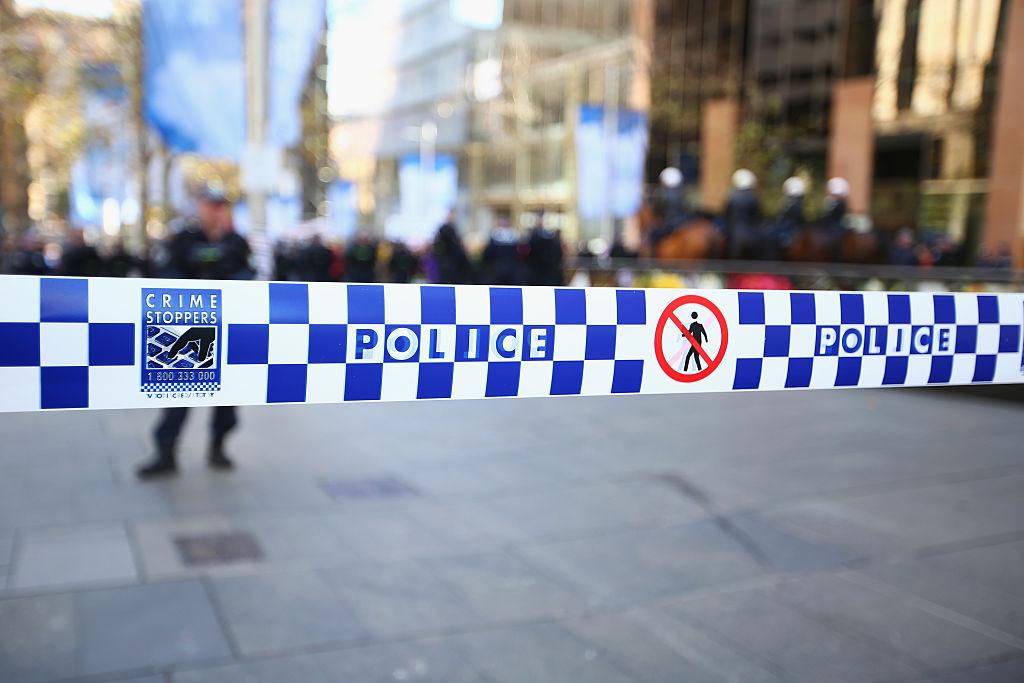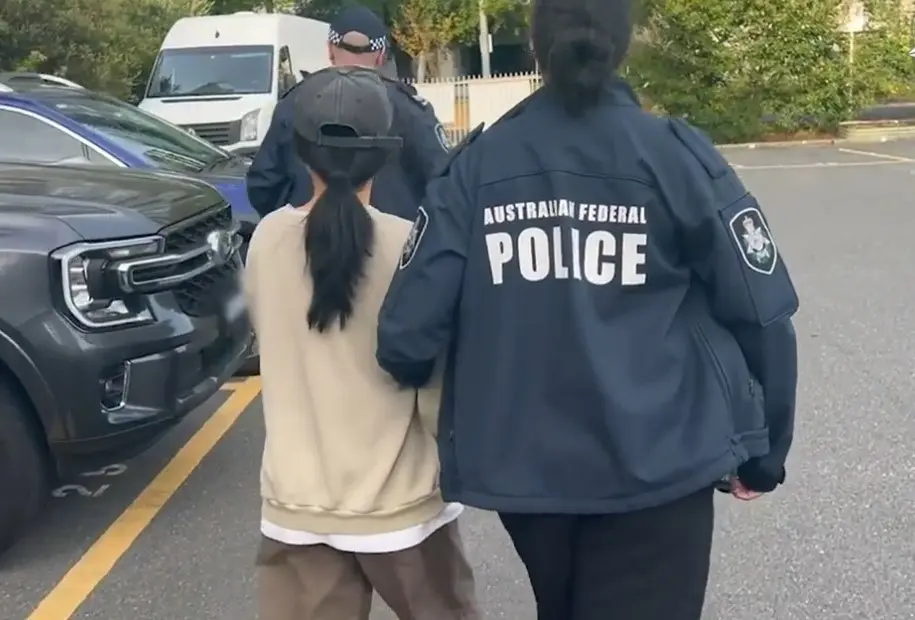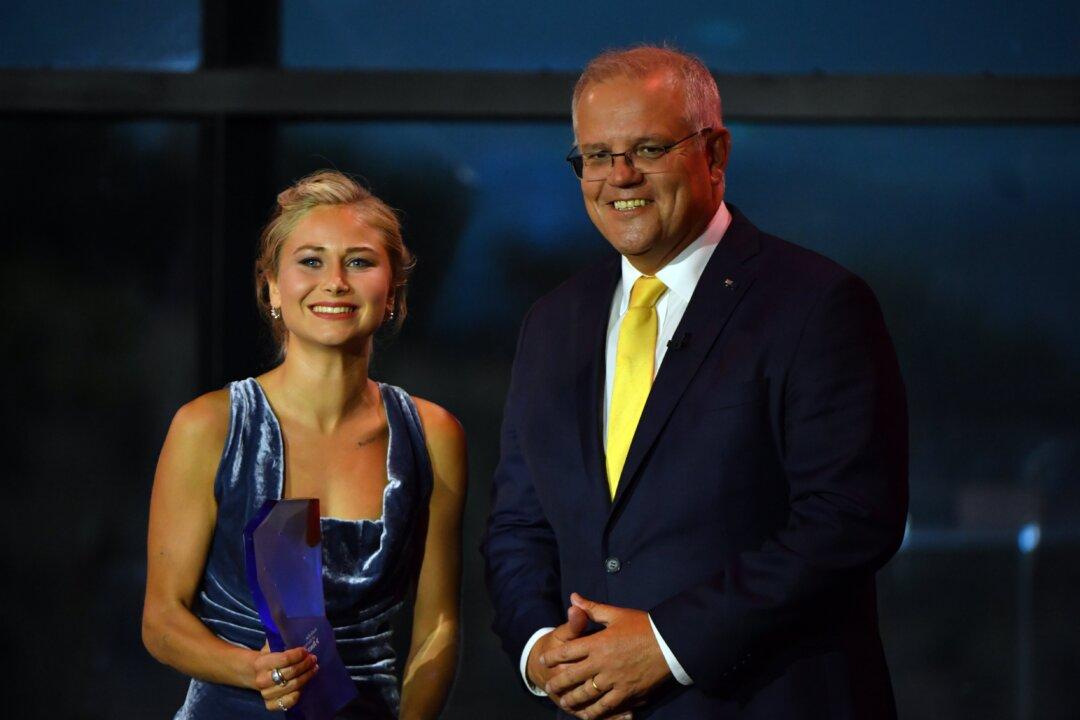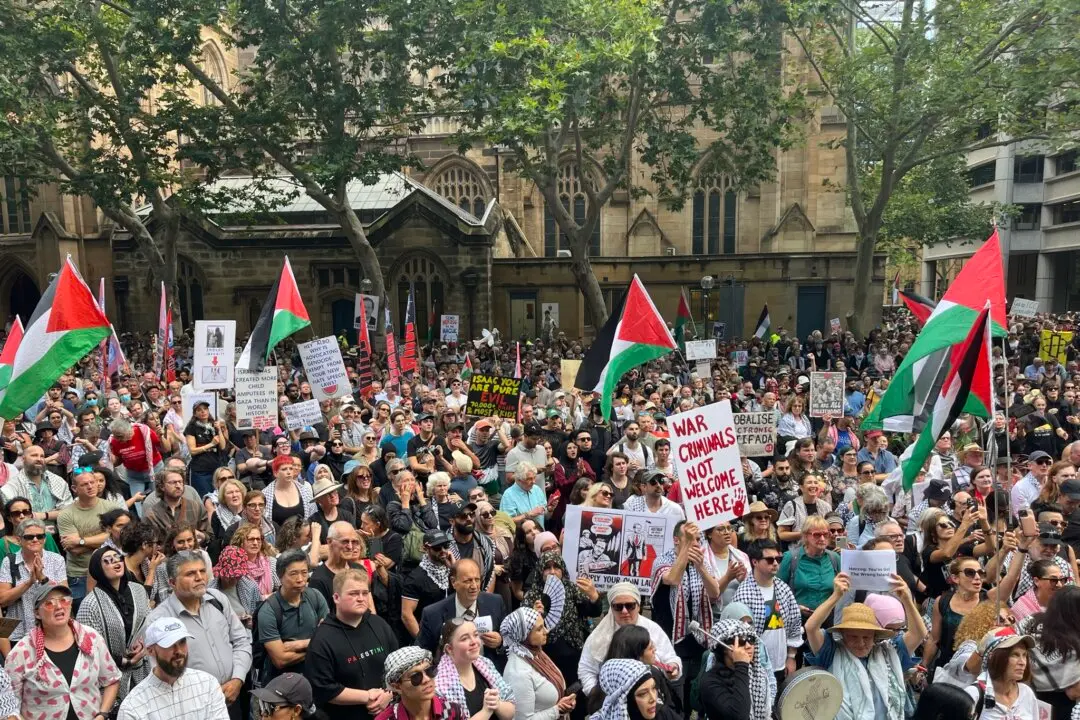Police are investigating the possibility that a teenager who allegedly stabbed a University of Sydney student in the neck with a kitchen knife had been radicalised online.
No charges have been laid so far against the 14-year-old who is currently awaiting a mental health assessment.





